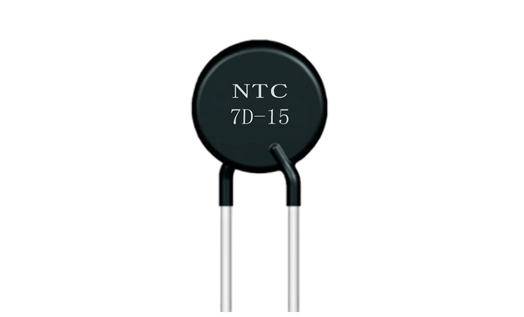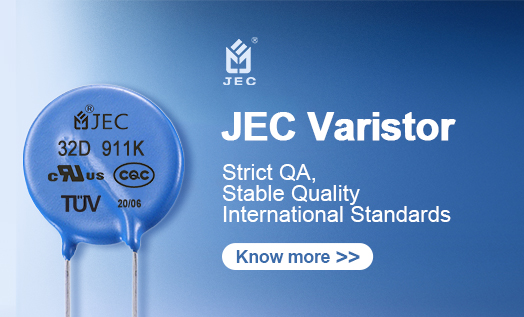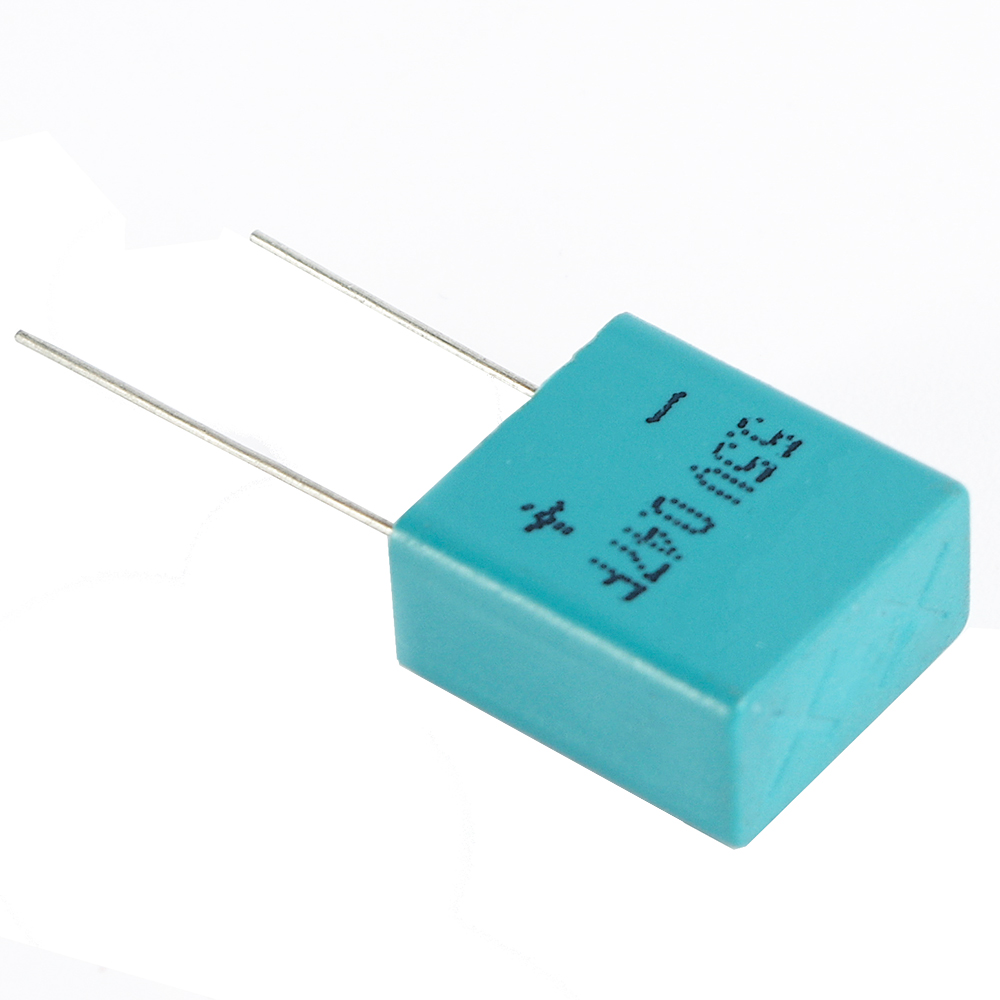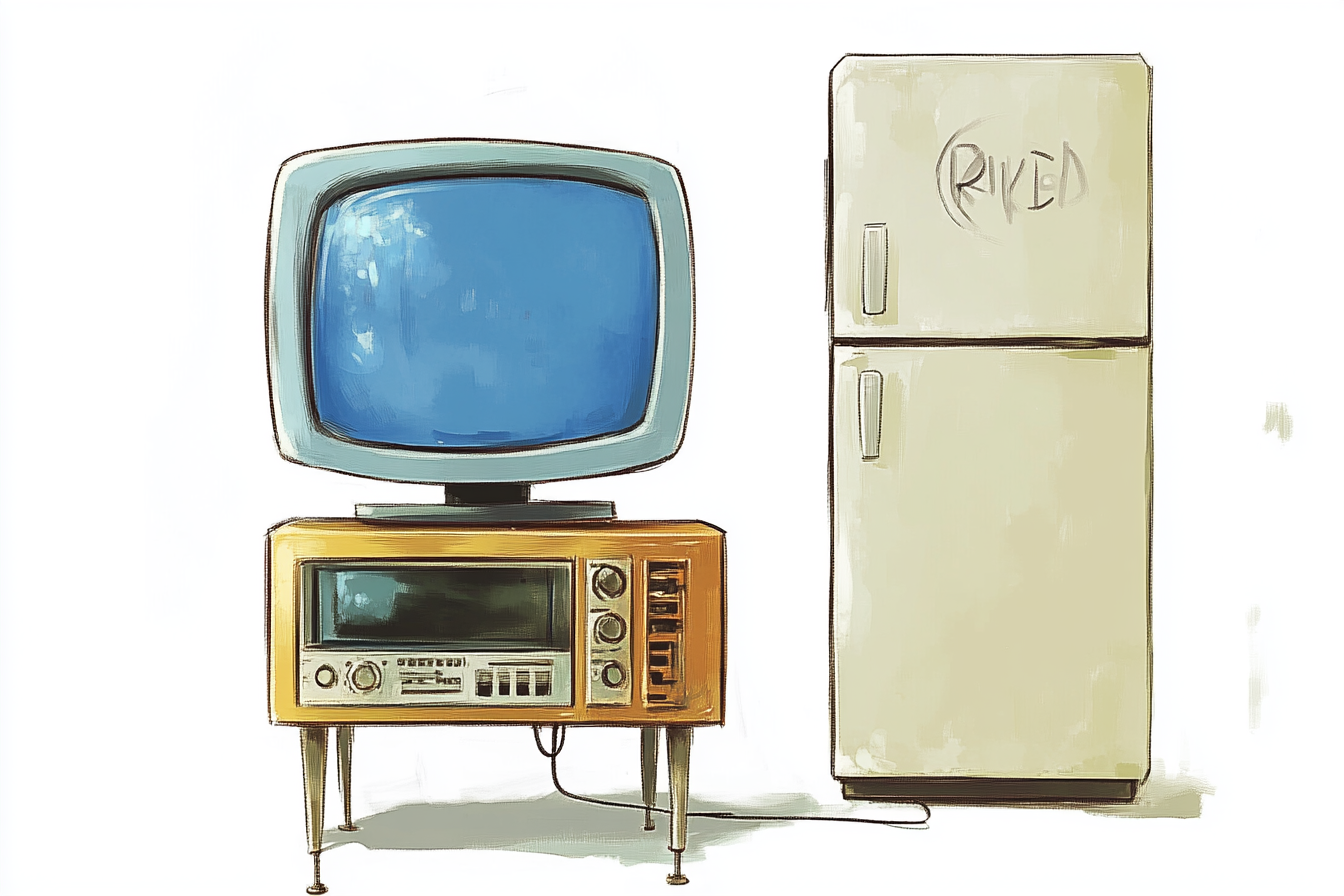Apr. 09, 2021
Capacitor Vs. Resistor
There are three basic elements in electronic circuits: capacitor, resistor, and inductor. These individual components play an important role in the behavior of electronic circuits. Each component is connected by conductive wires, and current can flow through the wires. These components are usually divided into active components and passive components. An element that can control current through another electrical signal is called an active element, while a passive element is an element that reacts to the flow of current and dissipates or stores energy. Active components require some kind of external power source to trigger. Resistors and capacitors are passive components, while transistors are classified as active components of electronic circuits. The difference between capacitors and resistors
Basic knowledge of capacitors and resistors:
Capacitors and resistors are the two most commonly used basic components in electronic circuits. Each component can be described by the relationship between current and voltage on the component. Both are energy storage components, but they store energy in different ways. Resistors are electronic components used to resist the flow of current in a circuit. It is more like friction that limits energy. On the other hand, capacitors are electronic components used to store charge. It is usually resistant to changes in current in electrical circuits and electronic circuits.
The working principle of capacitors and resistors:
A resistor is a passive two-terminal electronic component that realizes the control of the resistance in the circuit, which means that it limits the amount of current flowing through the device. It has no positive effect on any electronic circuit; in fact, it is simply connected to a circuit to get the current and voltage you want. On the other hand, capacitors store potential energy in the electric field and return it to the circuit when needed. Simply put, it charges and discharges the charge stored in the circuit.
The function of Capacitor and resistor:
A resistor is a small resistor package that controls the flow of current to other components in the circuit. It is not only used to amplify the signal but also to limit the current, adjust the signal level, terminate the transmission line, and so on. It limits the current to a safe value. A capacitor is composed of two or more parallel conductor plates with an insulator between the conductor plates. The function of the capacitor is to separate the positive and negative charges from each other. The function of a capacitor is called capacitance.
Measurement of Capacitor and resistor
Resistance is a measure of the resistance of current to current in a circuit. The unit of electrical resistance is "ohm". It is defined by Ohm's law, giving R = V/I, where V is the voltage drop measured in "volts" and I is the current flow of the resistor measured in "amps". Capacitance is the ability to store electrical energy, defined as C = q/V, where q is electric charge, in coulombs, and V is voltage, in volts.
We are Resistor Suppliers. If you are interested in our products, please feel free to contact us.

Previous: Do You Know Thermistor?

Varistor Purchasing Skills You Need to Learn
Apr. 09, 2021

Why is Activated Carbon Used to Make Supercapacitors
Apr. 09, 2021

Which Electronic Products Use Varistors
Apr. 09, 2021
+86 181 2299 5593
+86 18122995593
+86 769 8831 3605
Beside Luchong Bridge, Hou Road, Caibai Village, Daojiao Town, Dongguan, Guangdong, China
Navigation